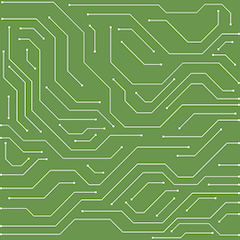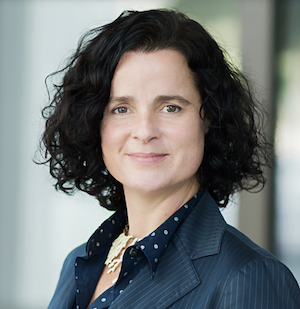
Western and Eastern medicine have often stood at odds, separated by skepticism and worldview. But perhaps the best path is neither, but both. Perhaps the best path to healing lies in bridging the gaps between approaches to medicine—cooking together science and tradition, innovation and adaptive ancient wisdom.
The medical systems may contrast, and in those differences perhaps reveal a greater whole. It could unlock a wider perspective and more capacity to help patients.
In this conversation with Robyn Adcock, we delve into the curious (and oftentimes contentious) topic of integrative medicine. We look at navigating the barriers into the conventional medicine world by helping those working in conventional medicine ‘experience’ the value of East Asian medicine from the inside through direct experience. Along with why we may need qualitative methods in our medicine, and how we can leverage scientific improvisation in our clinical work. We also touch on the innate trustworthiness of East Asian medicine and its untapped potential.
Listen into this discussion on clinical curiosity and expanding integrative medicine through experiential learning.

Robyn Adcock
Robyn Adcock is a specialist in traditional Asian medicine who cares for children from birth to young adulthood using techniques that include acupuncture, acupressure and other manual therapies. She provides non-pharmaceutical management for conditions and symptoms such as pain, migraines and other headaches, nausea, anxiety, constipation or other digestive problems, and neurological issues. She also teaches parents, caregivers and interested adolescents about acupressure, meditation and movement techniques that they can use at home to support their health. She is a member of the UCSF Integrated Pediatric Pain & Palliative Care (IP3) team.
Adcock serves as executive director and CEO of the California State Oriental Medical Association, where she helps guide the fast-growing profession of Chinese medicine at both state and national levels through legislative policy work, public education programs and interprofessional networking.